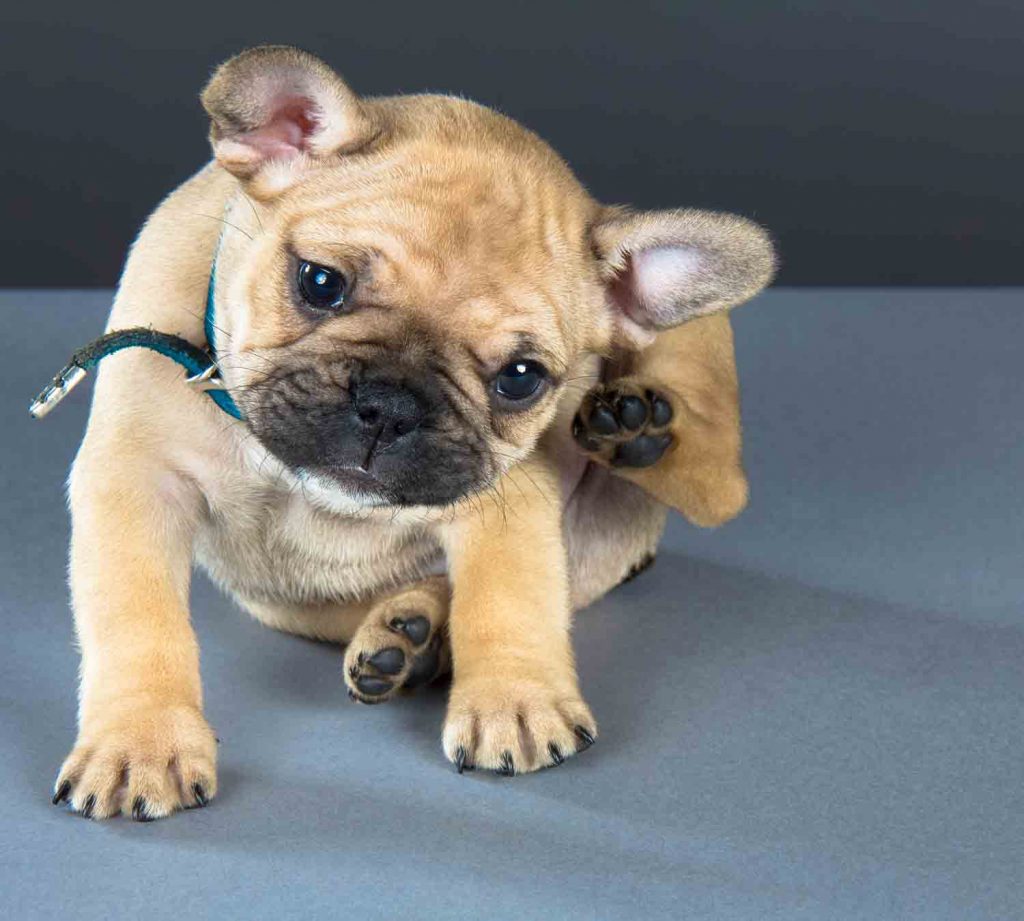Many puppies explore the world with their mouths and chew/mouth on hands and feet. The best way to get through this stage is to either ignore your puppy when it is mouthing or to put something else in its mouth you want it to chew on and praise it for chewing on that. If you think of how puppies play with each other, they are constantly bashing each other around the face. If you tell your puppy no and push its face away from you, it’s just going to think that you are playing and get more wound up. It will think chewing on your hands is a way to get attention. If you instead stand up and turn your back to the puppy (no eye contact either!), the puppy is going to learn that mouthing does not get any attention at all and will stop.
Puppies start losing their puppy teeth and getting their adult teeth around 16 weeks old. At this time, mouthing progresses into chewing/teething behaviour. Ensure you have lots of different chew toys around that you want your puppy to chew on while its mouth is sore and itchy. For more information on how to maintain and care for your dog’s teeth, visit our Dental Care for Dogs page.




